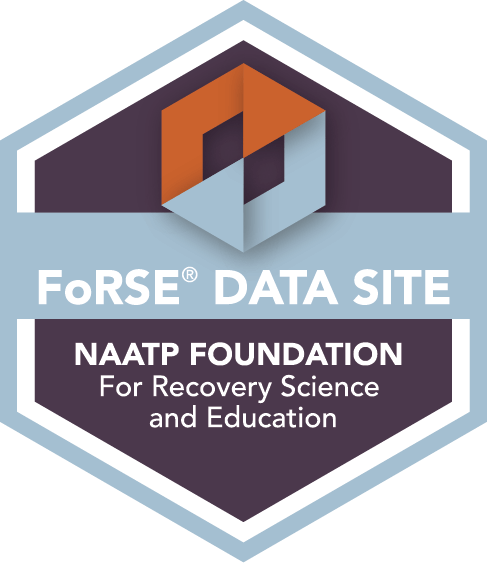Alcohol is a central nervous system depressant, and while its effects on judgment and coordination are well-known, its long-term impact on the brain is often overlooked. Alcohol-related brain damage (ARBD) is a serious condition that can significantly affect memory, cognition, and daily functioning. With continued misuse, alcohol can alter brain chemistry, shrink brain volume, and even mimic or accelerate conditions like Alzheimer’s disease and dementia. Understanding the connection between alcohol and brain health is critical for prevention and recovery.
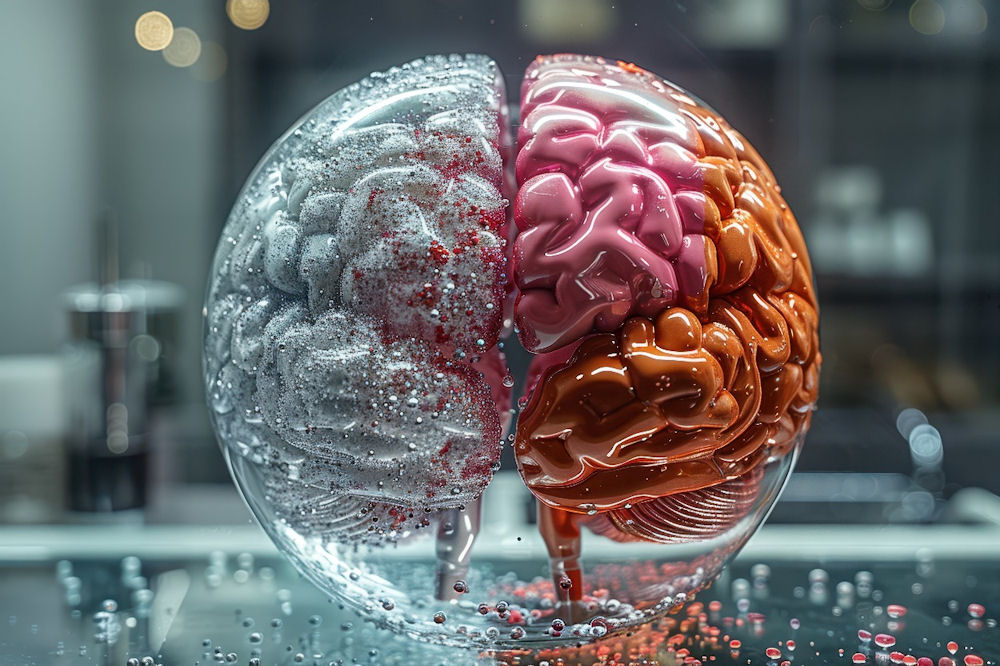
Alcohol-related brain damage (ARBD) is an umbrella term that describes a range of conditions resulting from prolonged and excessive alcohol consumption. These conditions include Wernicke-Korsakoff syndrome, alcohol-related dementia, and other cognitive impairments due to alcohol’s toxic effects on brain tissue and its interference with vital nutrient absorption.
The brain depends on nutrients like thiamine (vitamin B1) to function properly. Alcohol interferes with the absorption and storage of thiamine, leading to deficiencies that can severely affect brain health. In its early stages, ARBD may be reversible, especially if caught soon after symptoms develop. However, untreated ARBD can lead to permanent brain damage, highlighting the importance of early alcohol addiction treatment to prevent long-term neurological consequences.
While some people develop symptoms after a decade or more of heavy drinking, others may experience cognitive impairment sooner, particularly if their diet is poor or if they have other underlying health conditions. In some cases, ARBD may even manifest after periods of binge drinking, especially among individuals with compromised liver function.
What Causes Alcohol-Related Brain Damage?
Several interrelated factors contribute to alcohol-related brain damage:
Chronic alcohol use leads to malnutrition, particularly a deficiency in thiamine. Without enough thiamine, brain cells can’t produce the energy needed to function, resulting in cell death.
Alcohol is directly toxic to neurons. Long-term exposure causes brain atrophy, especially in areas responsible for memory and decision-making.
Alcohol-induced liver dysfunction can lead to hepatic encephalopathy, a decline in brain function due to liver toxins affecting the brain.
Alcohol increases the risk of falls and head trauma, which can further contribute to cognitive impairment.
In addition, alcohol disrupts the balance of neurotransmitters, such as dopamine and serotonin, which are critical for mood, memory, and coordination. Over time, these disruptions can create long-term neurological changes that impact a person’s ability to think clearly, regulate emotions, and interact with others.
These factors don’t just occur in isolation, they often combine to amplify the damaging effects of alcohol on the brain.
Signs and Symptoms of ARBD
The symptoms of ARBD vary depending on severity, duration of alcohol use, and individual health factors. Common symptoms include:
- Memory loss, especially short-term memory
- Difficulty forming new memories
- Confusion and disorientation
- Poor decision-making and problem-solving skills
- Mood changes, including irritability or apathy
- Difficulty with coordination and balance
- Trouble concentrating or following conversations
- Hallucinations or delusions (in severe cases)
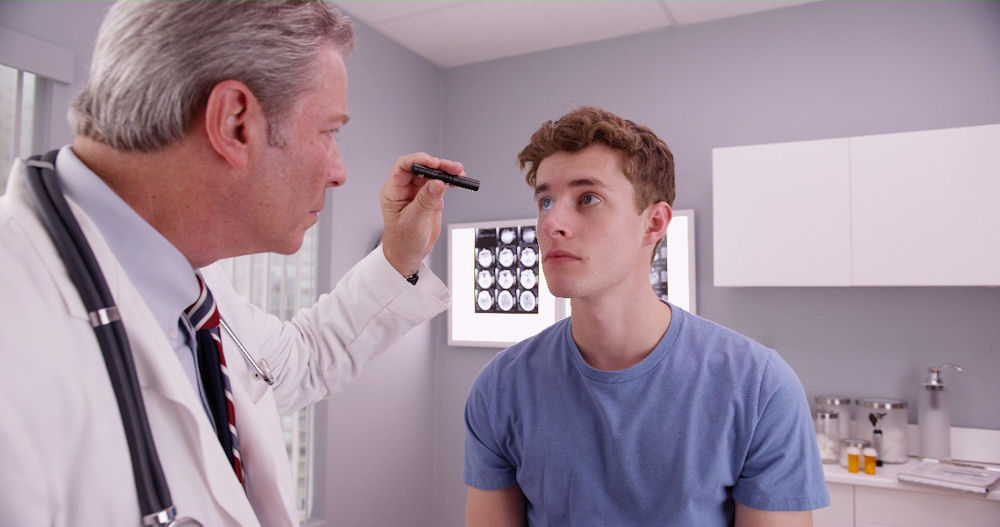
Behavioral symptoms may also emerge. Individuals may become socially withdrawn, experience difficulty completing familiar tasks, or display uncharacteristic aggression. In some cases, the person affected may be unaware of their condition, making intervention even more essential.
It’s important to note that some symptoms of ARBD closely mimic other neurological conditions, making accurate diagnosis essential.
Who is Affected by Alcohol-Related Brain Damage?
While ARBD can affect anyone who drinks heavily over time, certain groups are more at risk:
- Middle-aged and older adults: As the brain naturally shrinks with age, it becomes more vulnerable to alcohol’s effects.
- Veterans: High rates of alcohol use and co-occurring PTSDmake this group particularly susceptible.
- People with poor nutrition: Individuals with diets lacking essential vitamins and minerals are at greater risk.
- Those with long-term alcohol dependency: The longer and more heavily a person drinks, the higher the risk for developing ARBD.
Additionally, individuals with a family history of cognitive disorders or mental health conditions may have a heightened susceptibility. The risk is also higher for those living in environments with limited access to healthcare, stable housing, or social support. These circumstances can exacerbate substance use and delay early detection and intervention.
Exploring the Link Between Dementia and Addiction
How is ARBD Linked to Alzheimer’s Disease or Dementia?
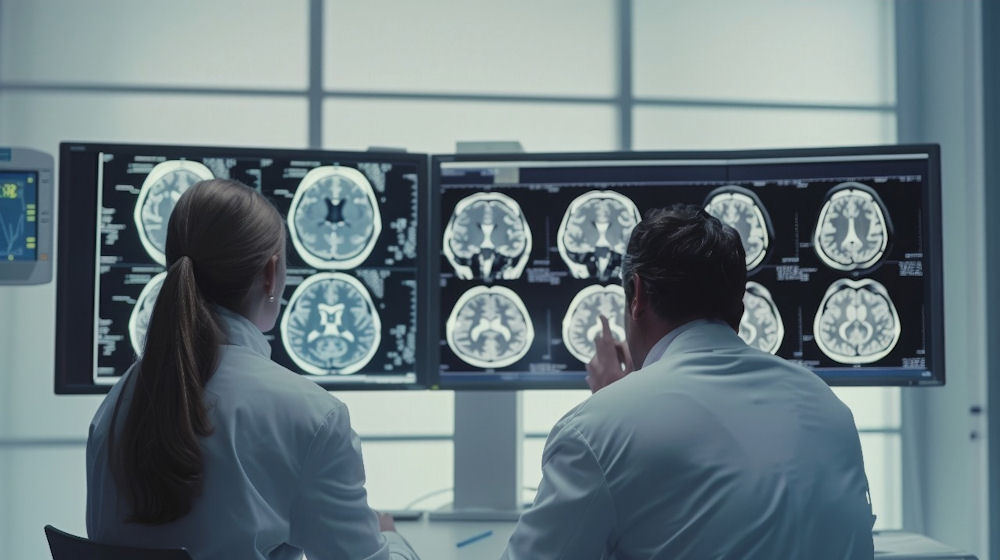
Chronic alcohol misuse and dementia share many overlapping symptoms (memory loss, confusion, and impaired judgment) which can complicate diagnosis and delay treatment. In fact, alcohol-related dementia is sometimes mistaken for Alzheimer’s disease, especially in older adults.
Alcohol overuse can lead to Korsakoff syndrome, a severe form of ARBD characterized by memory issues and confabulation (making up information to fill memory gaps). Korsakoff syndrome arises from thiamine deficiency and leaves the brain unable to produce enough energy for normal function.
Interestingly, dementia and addiction may create a dangerous feedback loop. Individuals with early-stage dementia may lose their ability to manage impulses and begin drinking more heavily. Simultaneously, those using alcohol to cope with early memory loss may be worsening their cognitive decline.
This is especially relevant among seniors and veterans, where confusion, isolation, and trauma histories intersect.
To learn more about the connection between alcohol and cognitive decline, visit our page on Alcohol and Alzheimer’s.
Why Symptoms of Alcoholism Are Increasingly Being Mistaken for Alzheimer’s Disease
The early signs of both conditions, forgetfulness, poor judgment, and personality changes, are strikingly similar. In some cases, individuals struggling with alcohol dependence are wrongly diagnosed with Alzheimer’s or another form of dementia.
This can lead to inappropriate treatments and missed opportunities for recovery. Unlike Alzheimer’s disease, ARBD may improve with abstinence, nutrition, and medical intervention. That’s why a comprehensive evaluation from a trained addiction or neurological specialist is critical.
Medical professionals are increasingly trained to screen for ARBD as part of dementia assessments, but awareness still needs to improve. Families should keep a record of alcohol use history when presenting concerns to healthcare providers, as it can significantly impact diagnostic accuracy and treatment planning.
How to Protect Your Mind
If you or a loved one drinks regularly, there are proactive steps you can take to protect brain health:
Follow recommended guidelines; no more than one drink per day for women and two for men.
Especially if drinking cannot be avoided, ensure the body receives essential nutrients.
Focus on whole grains, leafy greens, lean proteins, and healthy fats to support cognitive function.
Discuss alcohol use openly with your doctor, especially if memory issues arise.
Engage in puzzles, reading, or learning new skills to keep the brain stimulated.
If alcohol use is becoming problematic, don’t wait until cognitive symptoms appear to get help.
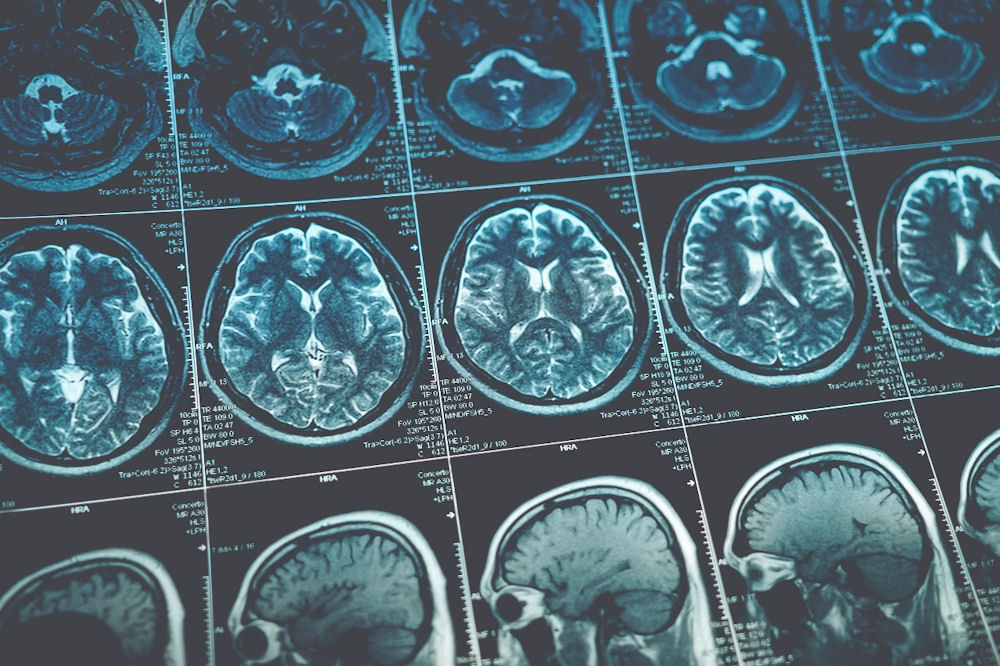
In addition to these habits, staying socially connected is a powerful protective factor. Isolation has been linked to faster cognitive decline, so maintaining relationships, joining community groups, or engaging in peer support can greatly enhance both mental health and long-term sobriety. Social engagement adds structure and meaning to daily life, which can be especially beneficial for those rebuilding routines during recovery. For older adults, staying connected has been shown to lower the risk of depression and anxiety, two conditions that can worsen cognitive issues. Activities such as volunteering, participating in therapy groups, or attending sober meetups can build meaningful social bonds. In today’s digital age, virtual support networks and online groups provide accessible options for those unable to connect in person. Ultimately, maintaining social ties plays a vital role in sustaining overall brain health and supporting long-term recovery.
Treatment for Alcohol-Related Brain Damage
Recovery from ARBD is possible, especially when addressed early. Treatment typically involves a comprehensive approach that includes:
- Medical Stabilization: In detox and inpatient settings, clients are often given thiamine and other nutrients to restore brain function.
- Alcohol Detoxification: Safe, supervised withdrawal from alcohol to prevent further harm.
- Cognitive Rehabilitation: Therapists use brain training exercises to improve memory, attention, and reasoning skills.
- Nutritional Support: Dietitians work with clients to repair nutritional deficits that may have contributed to brain damage.
- Mental Health Counseling: Addressing co-occurring depression, anxiety, or trauma is crucial to prevent relapse.
- Family Education: Helping loved ones understand ARBD improves support and encourages long-term recovery.
For many, recovery also includes addressing the emotional root causes of drinking. Trauma-informed care, spiritual counseling, or peer mentorship can all be important tools in helping individuals reclaim their lives and rediscover a sense of purpose.
At Northern Illinois Recovery Center, our expert team provides comprehensive care tailored to each individual. We understand the complexities of ARBD and offer evidence-based treatment in a supportive environment that promotes long-term healing.

Protect Your Mind, Help for Alcohol Misuse is Available
Alcohol-related brain damage is a preventable and treatable condition. If you or someone you love is experiencing memory loss, confusion, or other cognitive symptoms and there’s a history of alcohol use, don’t wait. Getting help today could make all the difference tomorrow.
Northern Illinois Recovery Center offers compassionate, medically informed treatment for those struggling with alcohol misuse and its effects. With the right care, it’s possible to recover both the body and the mind.
Take the first step. Contact us today to learn more about your treatment options.





